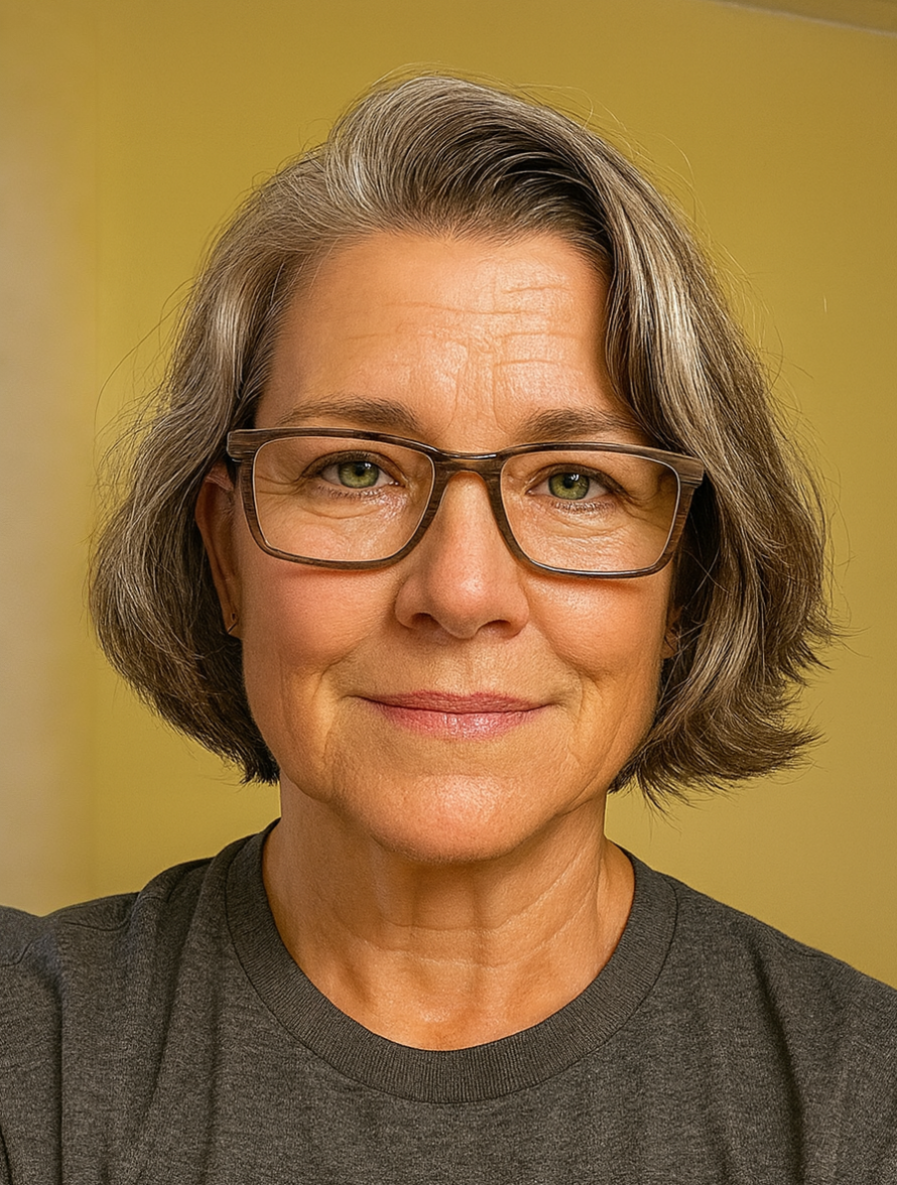

Tina Yerkes
County of San Diego — Planning & Development Services, Sustainability Planning Division
DR. TINA YERKES is a visionary executive with over 25 years of leadership experience. She specializes in scaling mission-driven organizations through science, strategy, and systems-level thinking. Her career spans environmental sustainability, education, and public health, guiding teams through complexity and unlocking transformational growth.
Yerkes currently focuses on consulting by partnering with founders, leadership teams, and boards during times of growth and transition, offering confidential, high-trust guidance when it matters most. She shapes governance structures, navigates change, identifies a diversified revenue plan, and builds the infrastructure needed for sustainable impact. With a focus on clarity and alignment, she translates cross-sector insights into strategies that connect KPIs to mission, bringing focus to what drives results. She also works as a business development professional in renewable energy, following a career trajectory that has spanned from research scientist to CEO in various non-profit organizations.
Tina has a PhD in Zoology from the University of Manitoba, an MS in Interdisciplinary Science from Johns Hopkins University, and a BS in Psychology/Biology from the University of Maryland, Baltimore County.
Project
The County of San Diego (COSD) is working to develop and implement multiple agricultural-related activities identified in the COSD’s Climate Action Plan (CAP), which will reduce greenhouse gas emissions, increase carbon sequestration, improve soil health, and strengthen local food systems. FUSE Executive Fellow Tina Yerkes will support and lead the development and implementation of a program that expands access to climate-smart agricultural practices for producers, coordinate an incentive program to encourage agricultural producers to transition to more energy and fuel-efficient equipment, and promote resources and programs for reducing the use of synthetic fertilizers and increasing alternative manure management methods. Ultimately, this will help the COSD achieve its CAP goals, support sustainable agriculture, invest in agricultural producers, and foster a more resilient and inclusive farming community.